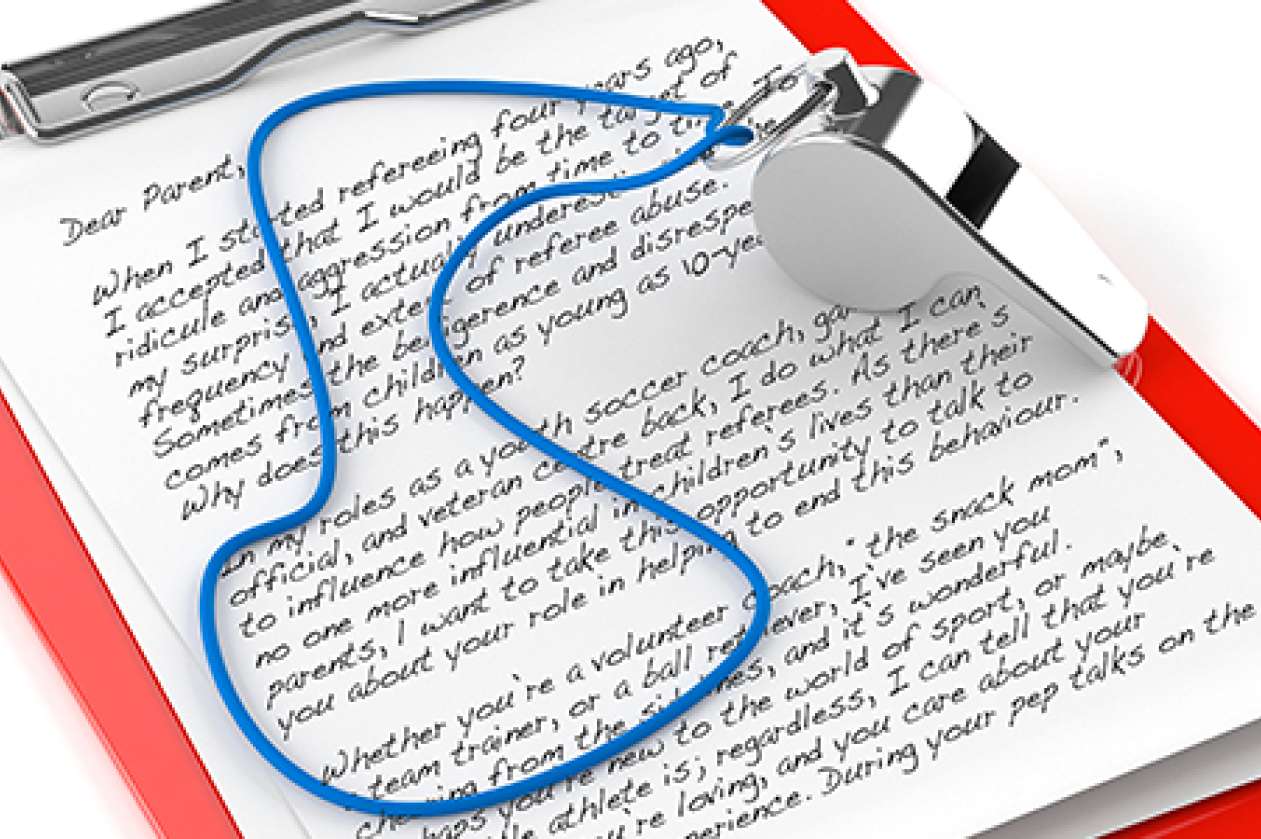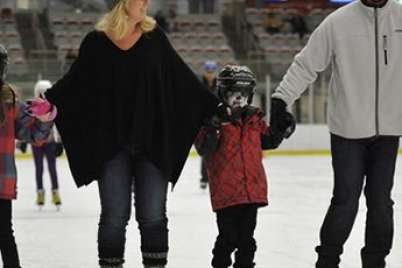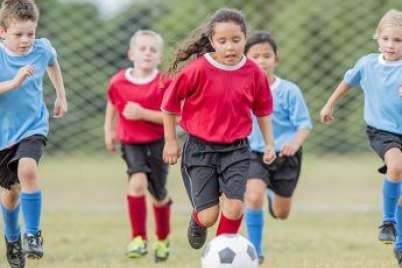
An open letter to parents from a referee
Dear Parent,
When I started refereeing four years ago, I accepted that I would be the target of ridicule and aggression from time to time. To my surprise, I underestimated the frequency and extent of referee dissent. Sometimes the belligerence and disrespect comes from children as young as 10-years-old. Why does this happen?
In my roles as a youth soccer coach, game official, and veteran centre back, I do what I can to influence how people treat referees. As there’s no one more influential in children’s lives than their parents, l want to take this opportunity to talk to you about your role in helping to end this behaviour.
Whether you’re a volunteer coach, “the snack mom,” a team trainer, or a ball retriever, I’ve seen you cheering from the sidelines, and it’s wonderful. Perhaps you’re new to the world of sport, or maybe your little athlete is; regardless, I can tell that you’re supportive, you’re loving, and you care about your child’s athletic experience. During your pep talks on the way to the game you’ve discussed teamwork, fair play, and listening to the coach, not to mention the magical benefits of oranges at half-time.
But if you haven’t talked to your child about the importance of the referee, then you’ve forgotten something as essential as shin pads.
Now is the time to give your child a positive perspective of the referee so that she, and you, can enter into every competition with an open mind. By modelling responsible behaviour as a spectator, you are well on your way to helping develop your athlete into a respectful player.
Many people associate the “ref,” or “stripes,” with negativity and opposition. However, the next time you feel yourself wanting to share a critical opinion, or your child wants to question the call on a foul, consider this:
- Referee crews (including assistants and 4th officials) train year-round to enhance their abilities to officiate a game. On-field, online, and in-class sessions are used to improve all aspects of the referees’ game, including physical fitness and conflict management. Just like players, referees strive to perform at the highest level and are frequently evaluated on their skills.
- Most referees I’ve worked with have a personal commitment to facilitate a fair game. Contrary to popular belief among spectators, “hometown refs” do not care which team wins and are unaffected by the final result. In a perfect world, the referee is a passive figure within the flow of the game, as opposed to an active agent that changes it. Most referees work hard to create that perfect world.
- The single most important responsibility of the referee, regardless of the players’ ages, is safety. No level of competition or time-frame within a match will compromise this detail. Some of the saddest moments for me within the game happen when coaches and spectators question the referee halting an advantage in play because a player is lying motionless on the ground. As the intensity of the game rises, please don’t forget the priority of player health.
- If you wouldn’t use insulting language or gestures towards me in a grocery store, please do not use insulting language or gestures at a rink/field/arena/stadium. The context of sport does not change what is appropriate or what should be tolerated, and children should not be led to believe otherwise. As role models to young players, it is everyone’s responsibility to demonstrate dignity and respect no matter the venue.
- Finally, please remember that referees are human. You’ve certainly heard this statement before, and it’s true. We referees make mistakes within the game. Big or small, we miss offsides, handballs, foul play, and out-of-play. The games are fast and complex, and we ask that you be forgiving. We know when we’ve erred, and we often wish we could change some of our calls, but just like life the game must go on.
In some ways, being a referee is similar to being a parent. I enforce the rules, ensure safety, teach mutual respect, and grow passion for the game … sound familiar? Although I’m impartial on the pitch, in at least one way you and I will always be on the same team: we both care about that little player of yours.
Your friend and teammate,
Jaime the referee






Dear Mama
Instead of sitting over there on the sidelines focusing your attention on your perceived issues, step onto the pitch and show us how it’s done. You have a better angle ? Do you really understand the subtleties of offside?
Great, pick up a whistle and help out.
Otherwise, you have no business making disparaging comments from the sideline if you’re not willing to step up and put it on the line.
This is fine but please as a ref for younger kids:
– Please run the whole field. You can’t see offside from mid-field. It doesn’t help a kid to get called offside when they truly aren’t because your line of site is off.
– Don’t attempt to make a best guess if a ball is out of bounds from the opposite site of the field. When in doubt, let the kids play.
– Note that small kids may run into larger kids and fall down. That doesn’t mean the larger kid shouldered them or pushed them. Make the right call.
– Smaller kids fall on their own in soccer all the time – either by tripping over their own feet or the ball. It doesn’t mean someone tripped them. Making a call just because a kid fell isn’t a way to protect the kids or teach them the game.
I appreciate refs who do their best. Who run the field. Who try to let the kids know why they made this or that call. But just as refs want respect from kids and parents – they should be willing to give enough respect to the game to not be lazy and to make sure they can see what they are calling.
I share your frustrations and you bring up some valid points. Unfortunately not all referees have the same passion for their role or the game. It’s the goal of ref mentorship programs to educate officials about the importance of understanding the age/level of competition, as well as strategies for positioning. It’s not an easy job but clubs are working hard to retain quality referees.
– Jaime